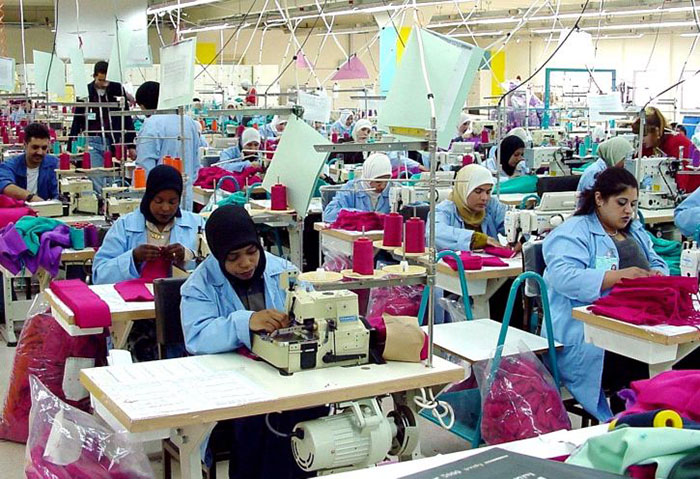Factory workers in the Western Cape clothing factories face more short-time working in coming months after companies have started using the short-time strategy to reduce the working hours of these factory workers. Many workers this winter have been place on short-time meaning that they will be working a shorter amount of time during this cold season and effectively earn less money at a time when every single penny earned counts.
Earlier this week, it was reported that factory workers in Elsies River were placed on short-time and some are only expected to return to work in September.
However, South African Textile and Workers Union (SATWU) spokesperson Fachmy Abrahams says that the short-time strategy has been implemented for a number of years in the past, but it is surprising that it has been implemented this year as well.
“I must say we have seen a spike in short-time over the past few months across the province; this is not unusual, but it is surprising given the stability that we have seen in the industry over the past two years and we are talking to companies to find out what are the reasons behind this,” Abrahams said.
He explained that at the end of the year the clothing industry produces a much higher volume of clothes due to the festive season activities. Furthermore, the clothing industry works out of season. This means that in the winter months the factories produce summer clothes and in summer months the factories produce winter clothes.
“Traditionally the summer clothes are produced in low volumes because people generally do not wear a lot of clothes during summer,” Abrahams said.
“So this is the period that we are in now where they are making the summer range and we found during these years production in all factories seem to drop down. So this has been a pattern for decades.”
Abrahams says that in terms of the main agreement, any companies that wish to embark on short-time will have to consult with the workers or the workers representative and then get to some kind of agreement with regards to the workers hours and salaries.
“Firstly before they get to this agreement it has to be established whether there really is a need for short-time for that factory,” Abrahams went further.
SACTWU then has to look into a number of issues including the order book as well as the cash flow of the company to see whether the short-time is needed and should be implemented.
As a result of short-time, SACTWU has come up with a number of interventions to help factory workers cope with what is going on.
“One of the interventions that we have managed implement over the last two three years is what we call a training layoff scheme especially when there are companies that have longer periods of short time,” explains Abrahams.
So when the company is not busy with production (of clothes) then they put the workers on a training schedule and they get paid through the Department of Labour and through the skills fund.
But these workers are not given their full salaries and only a percentage of it.
“So there is no cost to the company they still get a portion of their wages and they are managed to get retrained in other areas and re-skilled so that the company can place these workers in a different position,” Abrahams stated.
However , companies have not been taking advantage of this because it is a process and companies realise to late that there is an intervention available to assist their workers.
“To have this scheme implemented takes a month or a month and a half once the application has been submitted. So when companies find out, it is at the very last minute,” Abrahams added. VOC






 WhatsApp us
WhatsApp us 

